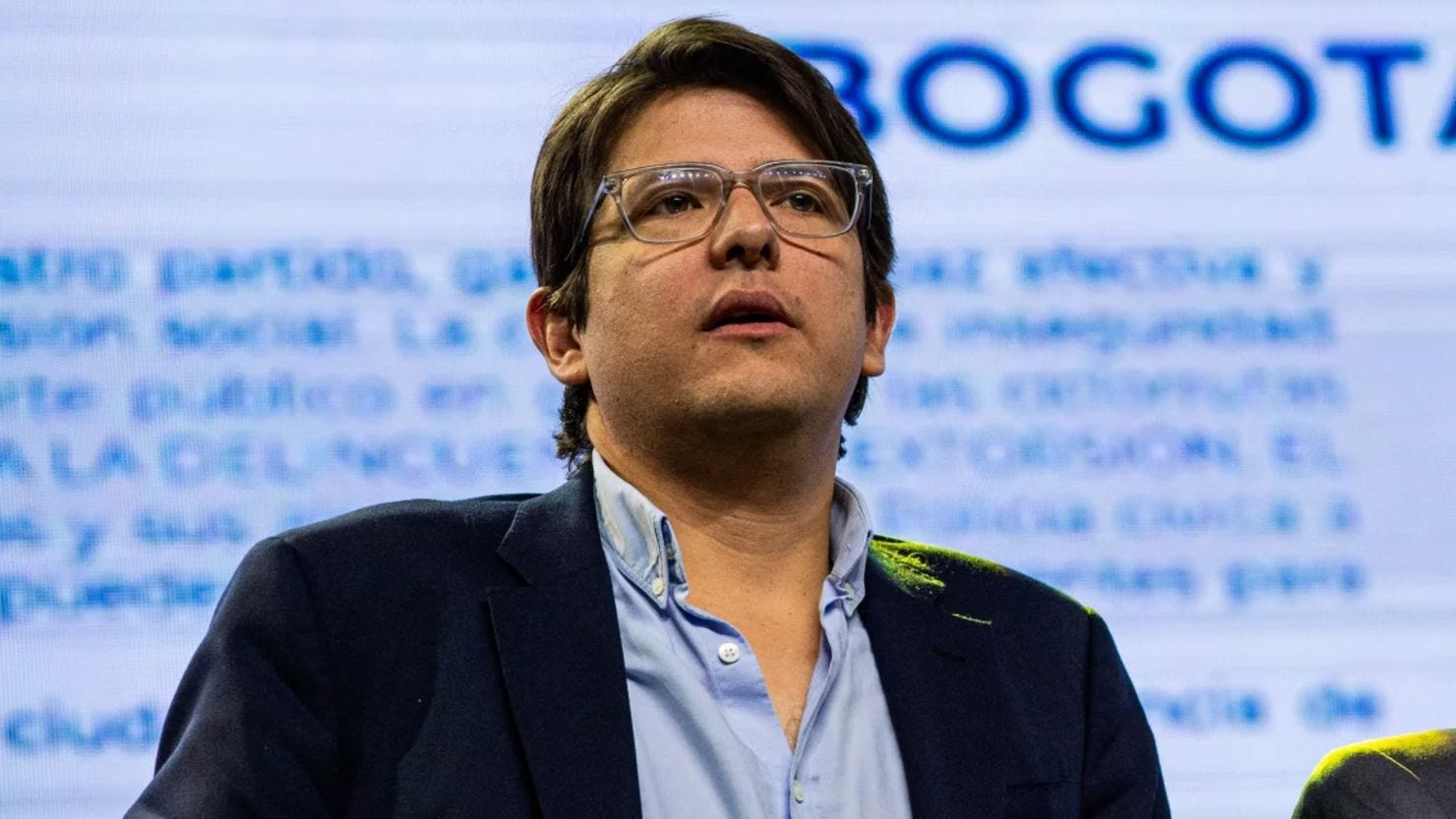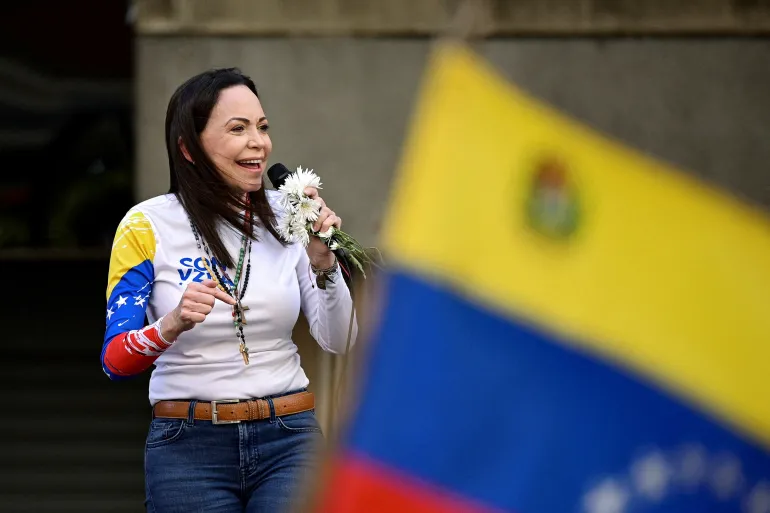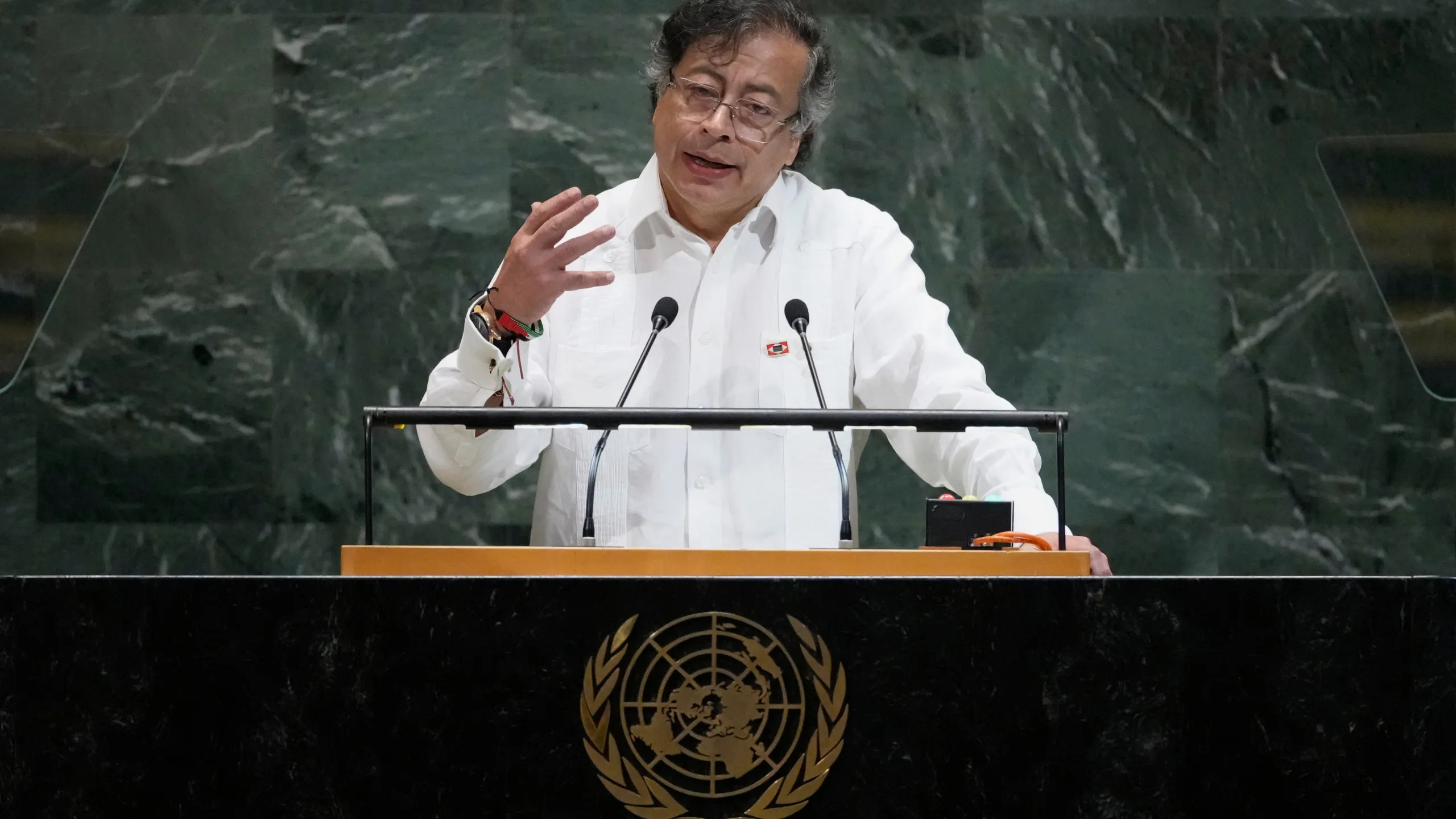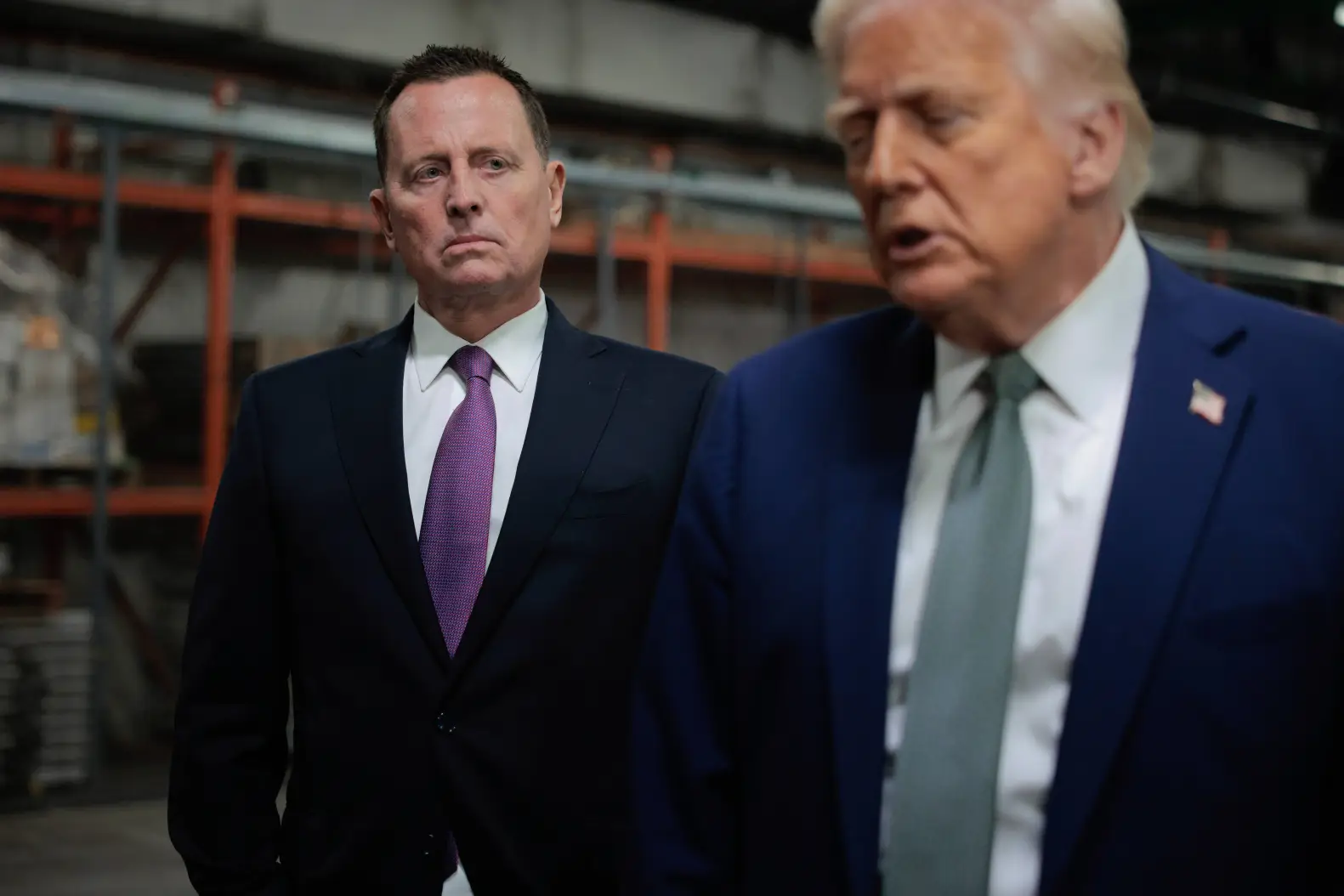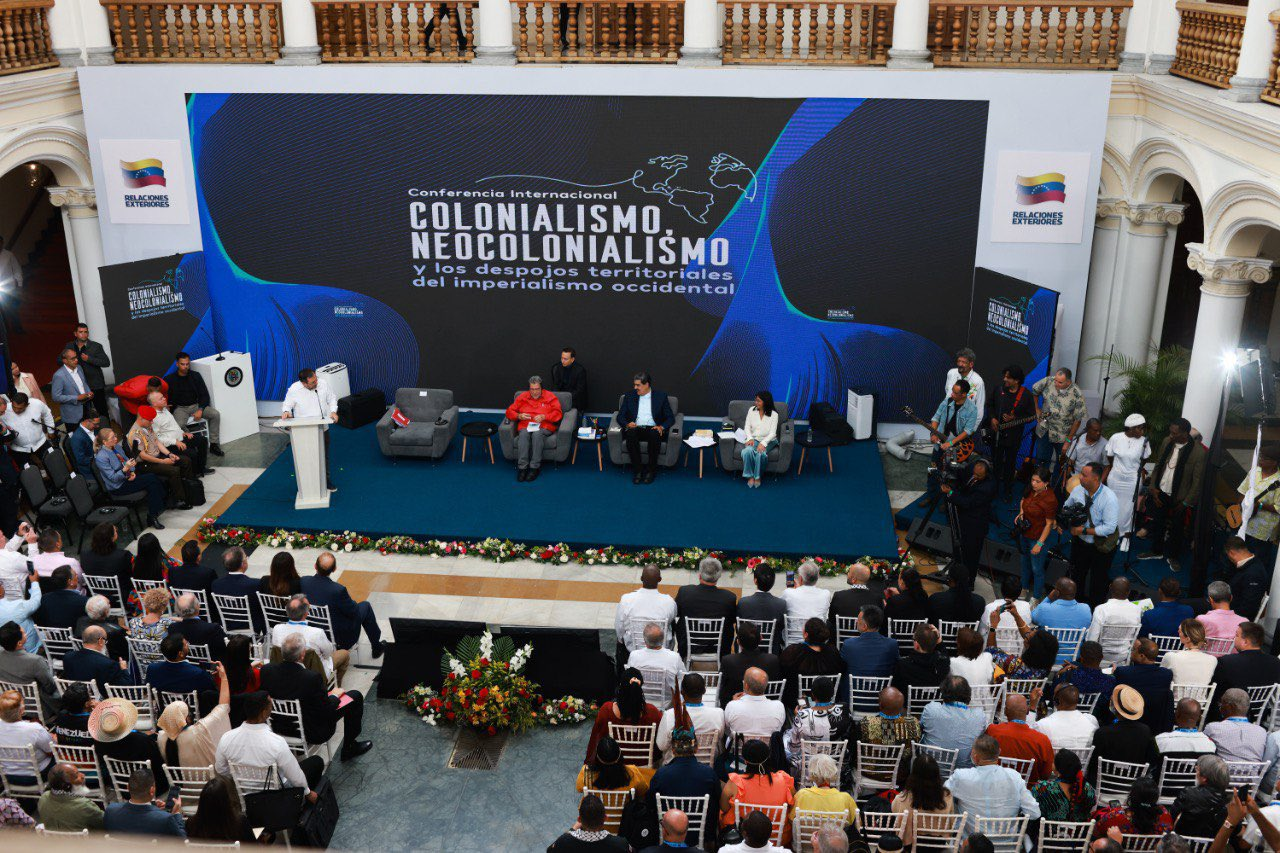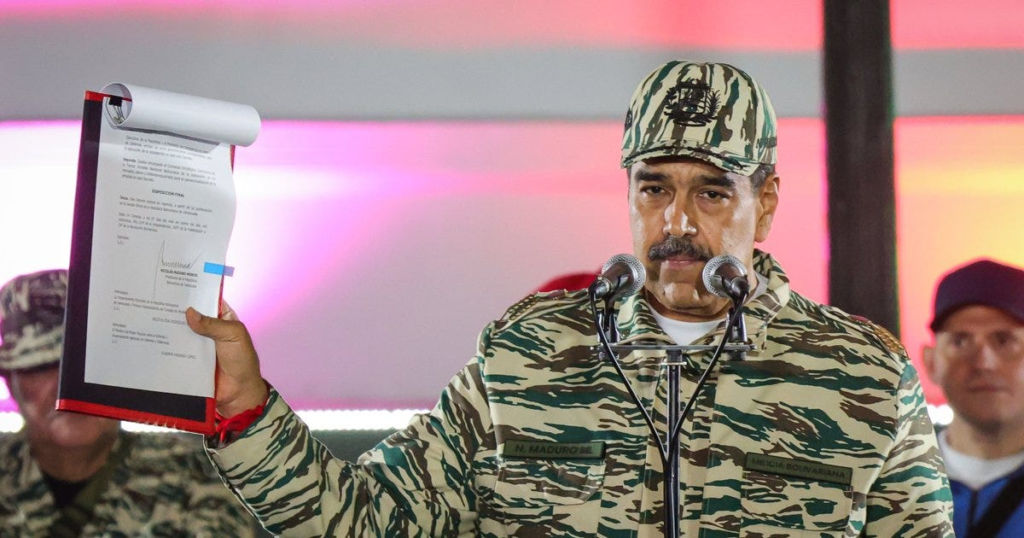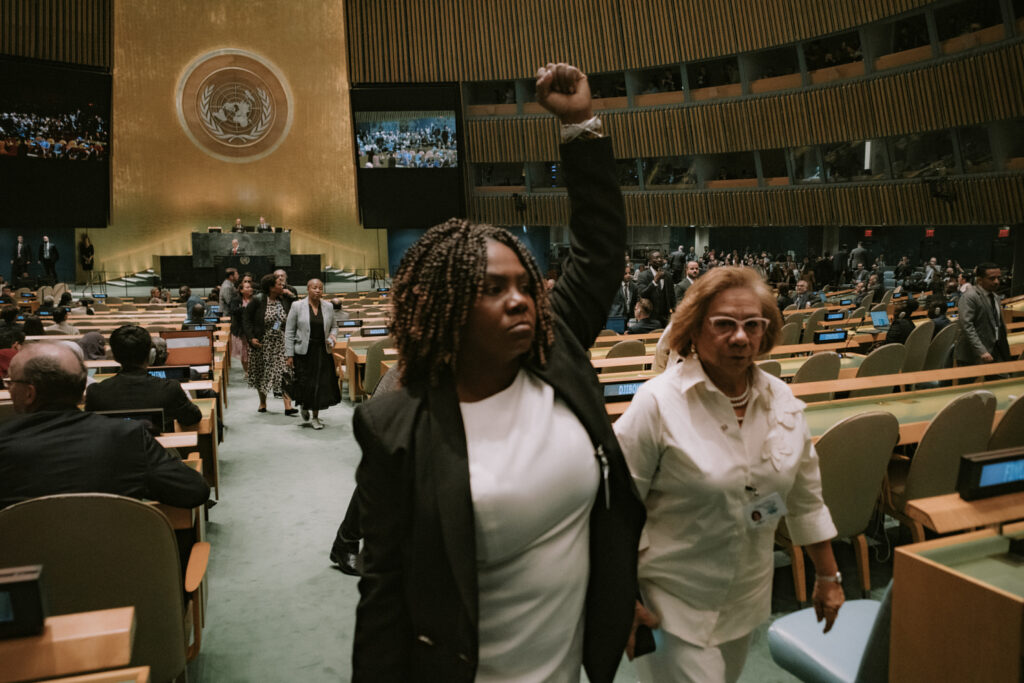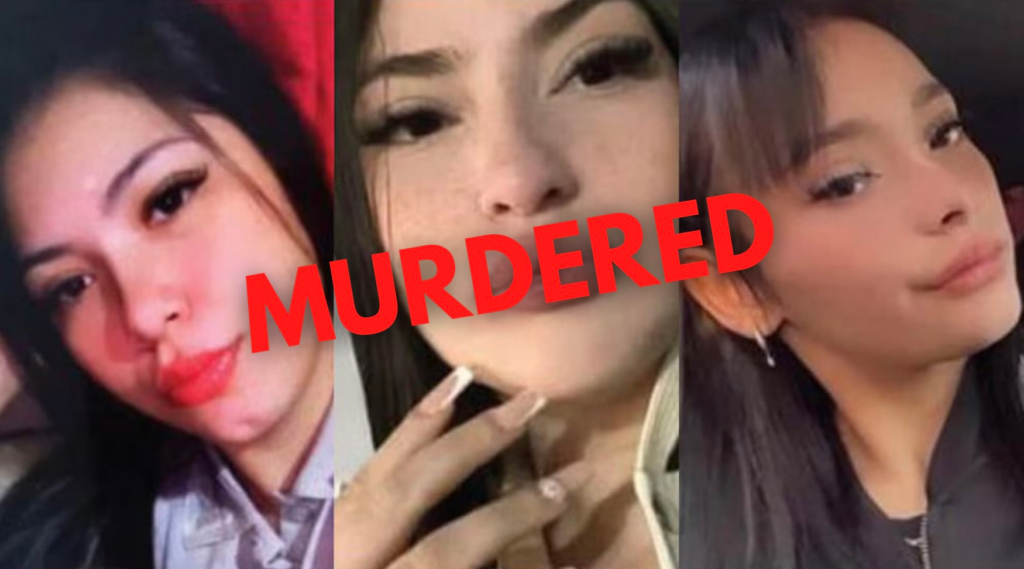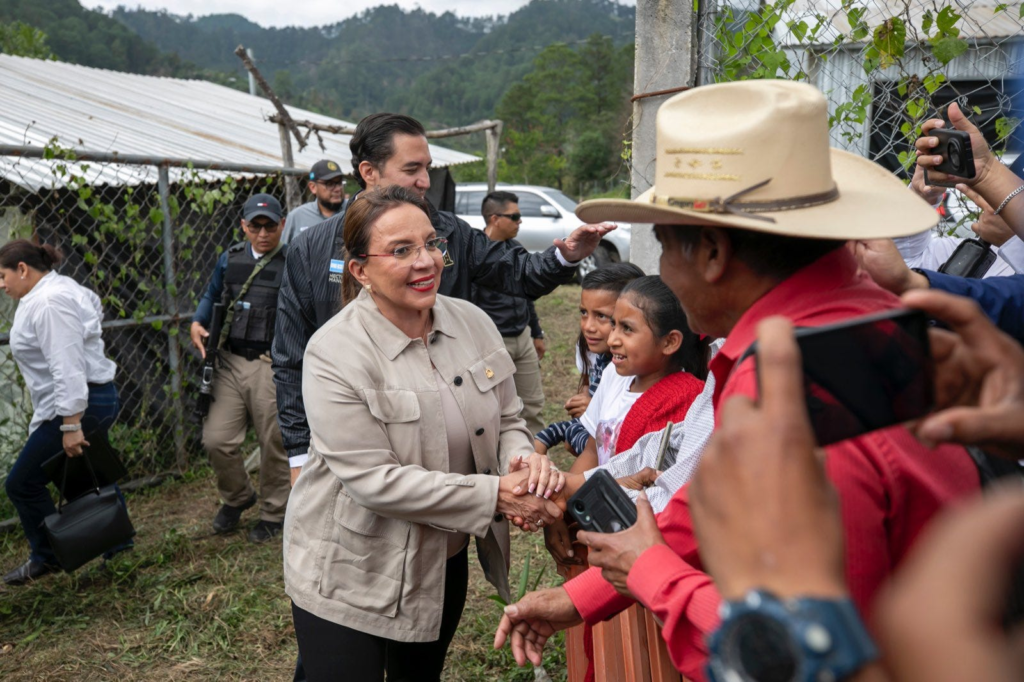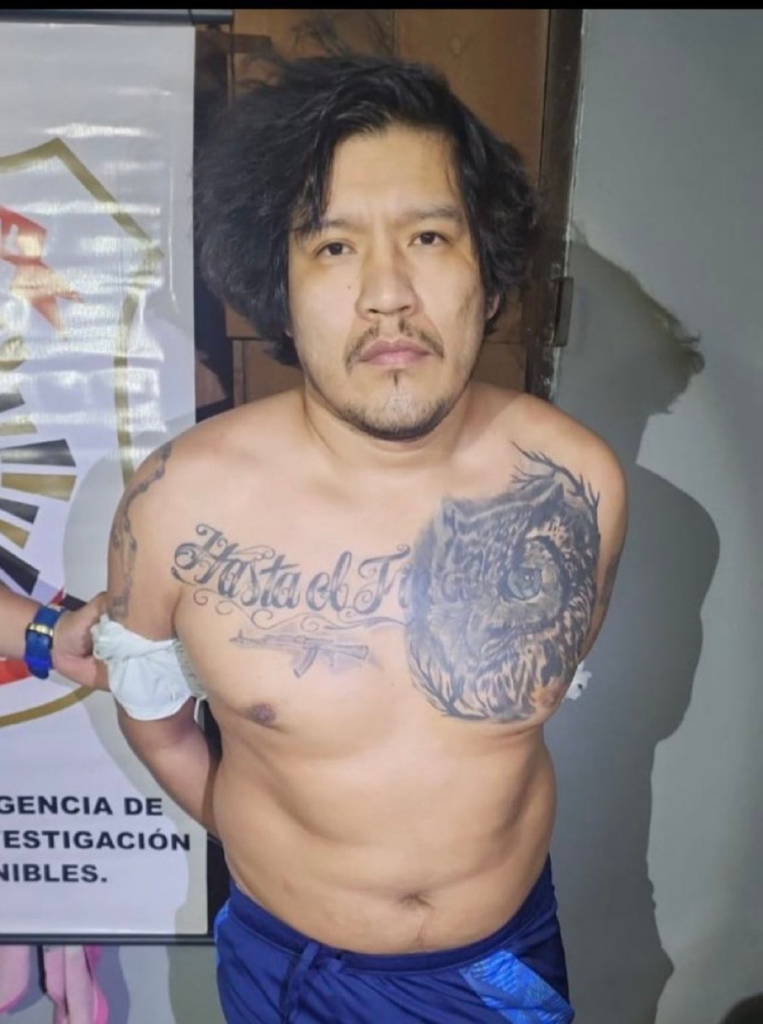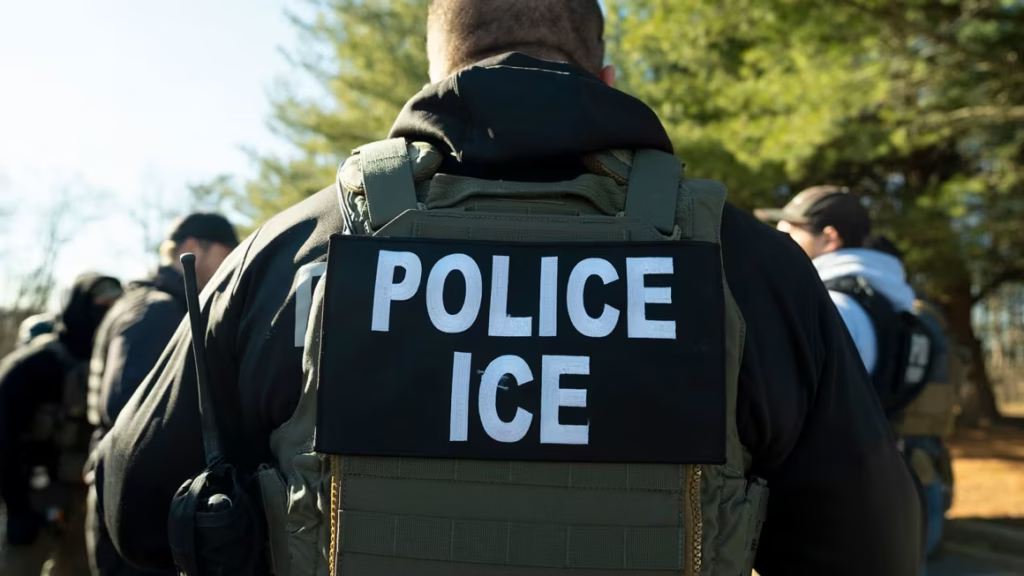Bogotá, June 7, 2025 – On Saturday afternoon in the Modelia neighborhood of Bogotá, a gunman made an attempt on the life of Senator Miguel Uribe Turbay, the front-runner for Colombia’s right-wing Centro Democrático (Democratic Centre Party) in the nation’s upcoming presidential elections.
It was a bloody scene for even Colombia’s historically violent political environment with eye-witness accounts observing a noticeable wound to the back of Uribe’s head as supporters were sent scrambling in disarray and confusion. Several aides were seen via personal video footage to appear to dress the wound in an attempt to stop the bleeding. Uribe was quickly picked up by vehicle, and taken to a Bogotá hospital.
Uribe, the grandson of prominent former lawyer and politician, and 25th President of Colombia, Julio César Turbay Ayala, and son of Diana Turbay, who was the subject of international controversy in January 1991 when the Colombian journalist was kidnapped by the Medellín Cartel and later killed in a botched rescue attempt by Colombian police.
Miguel Uribe, the opposition leader of incumbent left-wing President Gustavo Petro had been the protégé of former President Alvaro Uribe, a controversial figure in his own right, when he allied the country very closely with the second U.S. Bush administration to wage a ruthless anti-guerrilla counterinsurgency campaign against the country’s rebel group, the FARC during the 2000s.
Colombia, and both of her political parties (conservative and liberal) are known for their history of nightmarish renown for mutual political violence and persecution.
During the late 1980s, the Unión Patriótica (Patriotic Union, UP), the left-wing political alternative to the violent rebel FARC, emerged in the sphere of formal political competition. However, the state apparatus of the right-wing Colombian establishment waged a brutal war against the party’s organization in an effort to retain political power for the traditional land-owning political elite and conservative government. This crackdown resulted in the death of approximately 2,500 members and activists associated with the Unión Patriótica during the five years from its inception in 1985 to 1990.
The assassination of the party’s leader Bernardo Jaramillo Ossa in 1990 in the middle of Bogotá’s El Dorado Airport was the most prominent of the string of political murders during the era.
The violence committed by the leftists of Colombian politics was as often and as depraved and terroristic, but the animosity and hatred that still remains after 200 years of bloodshed and political retribution that consistently lead to death is as just as palpable – as quarrels over responsibility and each side’s accusations of the other’s continuation of this violent culture are as heated today than they have ever been.
Unfortunately for Colombia and its people, a psyche has developed that darkens any expectations for peace and for a progressive political system without any recourse to bloodshed.
Uribe is the leader of the Centro Democrático in Colombia’s Senate and one of the most ardent critics of the incumbent Petro government. Colombia’s President Gustavo Petro – in the last year of a disappointing administration, and who will not be up for reelection – is also in the midst of fierce backlash from opposition after announcing plans to bypass the country’s Congress and implement a national referendum by presidential decree – a move critics and legal experts have condemned as threatening to the country’s constitutional order.
Colombia’s presidential elections are set to take place on the 31st of May, 2026.
The medical condition of Miguel Uribe following today’s attempted assassination is still unknown at the time of publishing.
Statements condemning any acts of political violence were swiftly issued by top government officials immediately after news of the attack was made public.

